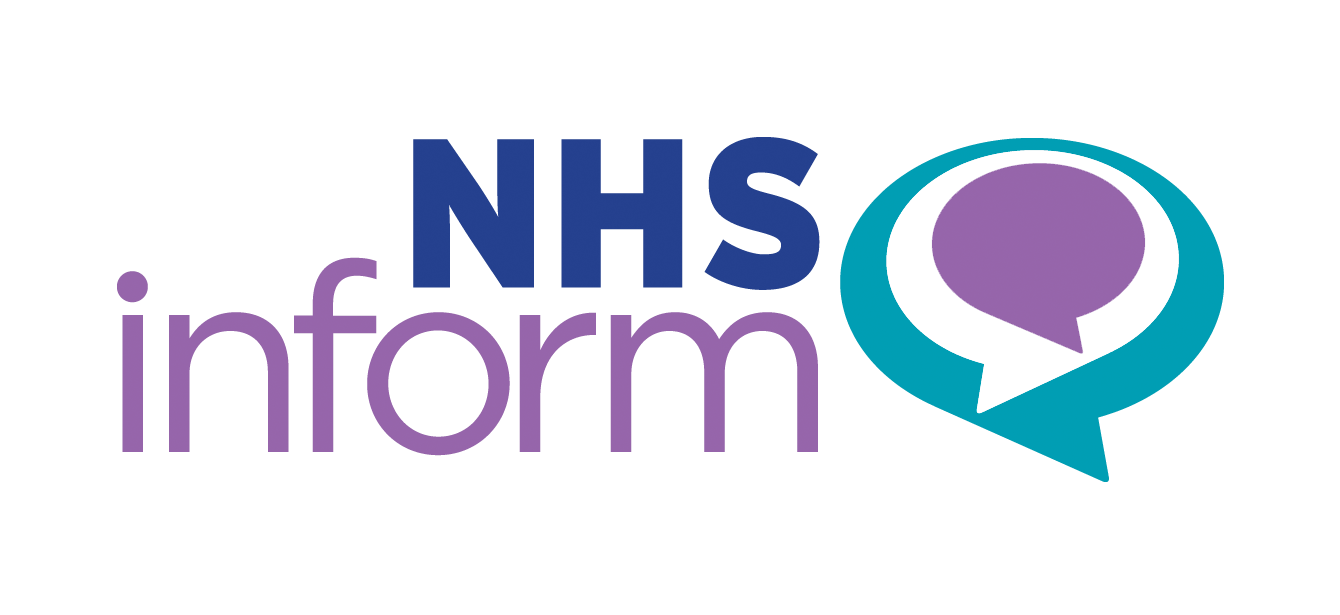RobertFripp
Active member
Not completely wrong, a side effect of smoking is, yes the inhaling of CO, but THC and possibly other cannabinoids are to blame for the tachicardia.
The effect is caused by the same capillary vasodilation that is observed in the cornea (and the flushed appearance of stoners , the white ones in particular). So the capillary action causes a MAJOR displacement in both the blood pressure peaks, lowering high pressure and increaing slightly the low pressure, this causes the pericardial vessels to relax basically and works in a similar way to nitro in an engine, the heart is missing the necessary high pressure to slow down and the lower pressure being higher gives a "faster" though weaker blood flow.
Thus the heart has to keep the work up by increasing its rate. Plus the awareness of the feeling of blood pressure lowering due to vasodilation causes an uncoscios stress response in some people that can bring adrenaline into the picture, making things worse for those who are sensitive.
Hope i didn't get too technical.
Myocardial tissue is highly sensitive to oxygen deprivation; thus when CO displaces O2 to form COHb, it can be uniquely detrimental to the heart especially in those with diseases that compromise heart function such as coronary artery disease, cardiomyopathy, or myocardial infarction. The belief when considering exposure to CO is that it is exceptionally hazardous to cardiac tissue. Cardiovascular manifestations of CO toxicity as reported in the literature include arrhythmias, pulmonary edema, heart failure, and MI, but myocardial dysfunction usually dissipates within 24 h of exposure . Chronic exposure to low level CO, as in environmental pollution, results in cardiac hypertrophy, elevated heart rate, and impaired contractility, perhaps as a result of increased oxidative stress. In addition to hypoxic effects on myocardium, CO also impairs mitochondrial ATP formation, forcing myocytes to switch to anaerobic metabolism, worsening lactic acidosis and apoptosis. What is typically less mentioned are the large number of agents in exhaust and cigarette smoke that also contribute to heart disease and would include substances such as sulfur dioxide, hydrocarbons and even particulate matter. CO has also been shown to increase endothelial cell apoptosis and oxidative stress, resulting in coronary vasoconstriction and worsening myocardial perfusion. In addition, CO increases calcium sensitivity and diastolic retention in myocytes, predisposing the heart to arrhythmia.
Pathophysiology of carbon monoxide poisoning in the heart. CO diffuses rapidly into the bloodstream as a component of inhaled pollutants. In addition to binding to hemoglobin, CO modulates platelet function to increase nitric oxide (NO) production. NO reacts with oxygen free radicals (O2−) to produce peroxynitrite (ONOO−), inhibiting mitochondrial function and further activating platelets and neutrophils. CO can induce platelet-neutrophil aggregation, neutrophil degranulation, release of myeloperoxidase, proteases, and additional reactive oxygen species, that contribute to tissue injury, release DAMPs, and increase cell death. Ultimately CO exposure limits O2 availability to highly metabolic cardiac myocytes that in situations where the heart is compromised (e.g. angina, ischemia/reperfusion injury) can exacerbate symptoms and contribute to further ischemic tissue damage.Heart damage caused by carbon monoxide has long-lasting effects even after it has been eliminated from the blood. Carbon monoxide also causes direct damage to the heart muscle, separate from the effects of oxygen deprivation, which reduces the heart's pumping capacity and permanently impairs cardiac function.



